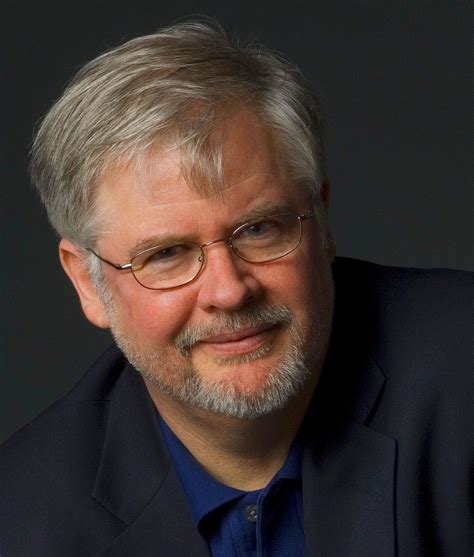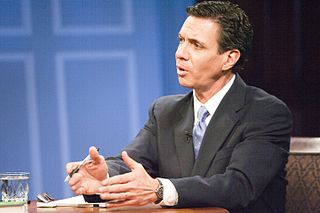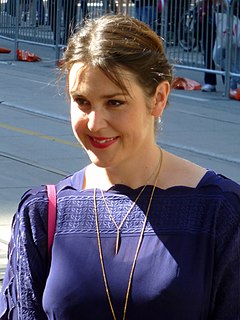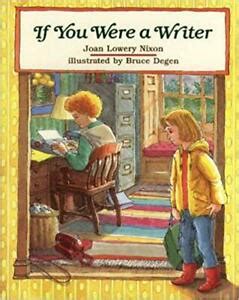A Quote by Lois Lowry
I prefer to surprise myself as I'm writing. I'm not interested in it if I already know where it's going. So I have only the most general sense of what I'm doing when I start a story. I sometimes have a destination in mind, but how the story is going to go from Point A to Point Z is something I make up as I go along.
Related Quotes
I might spend 100 pages trying to get to know the world I'm writing about: its contours, who are my main characters, what are their relationships to each other, and just trying to get a sense of what and who this book is about. Usually around that point of 100 pages, I start to feel like I'm lost, I have too much material, it's time to start making some choices. It's typically at that point that I sit down and try to make a formal outline and winnow out what's not working and what I'm most interested in, where the story seems to be going.
I think that sense of surprise, that you don't know where something is going, or what's going to happen, even as you write, that you're making it up as you go along - that's important to me. It's not a question of shock or surprise in a gimmicky way. It's that as you read, you become more deeply into something and into what happens, and become more involved and engaged, you're learning something or you're appreciating something or seeing something differently - that's what's surprising.
A fellow must know where he wants to go, if he is going to get anywhere. It is so easy just to drift along. Some people go through school as if they thought they were doing their families a favor. On a job, they work along in a humdrum way, interested only in their salary check. They don't have a goal. When anyone crosses them up, they take their marbles and walk out. The people who go places and do things make the most of every situation. They are ready for the next thing that comes along on the road to their goal. They know what they want and are willing to go an extra mile.
So here I am, sending a two-ounce mouse down into a dungeon with a sewing needle to save a human princess, and I don't know how in the world he's going to do it. I have no idea. That was the first time it occurred to me that writing the story was roughly equivalent to Despereaux's descent into the dungeon. I was tremendously aware of that as I was writing. I thought, "I have to be brave or else I'm not going to be able to tell it." But it's the only way that I can write. If I know what's going to happen, I'm not interested in telling the story.
There have been times I thought that when I got a certain point in the story, a certain character was going to do a certain thing, only to get to that point and have the character make clear that he or she doesn't want to do that at all. That long phone conversation I thought the character was going to have? He hangs up the phone before the other person answers, and twenty pages of dialog I had half written in my head go out the window.
I feel like any actor should always be thinking about how to serve the story. The thing to be cautious of is trying to make too much of your "moment," or whatever. The story is a lot bigger than you, and you're there to help it along. The thing to think about is whether what you're doing is true to the moment and where the story's going, rather than going, "Here are my scenes. What can I try and do to make the most of them?"





































